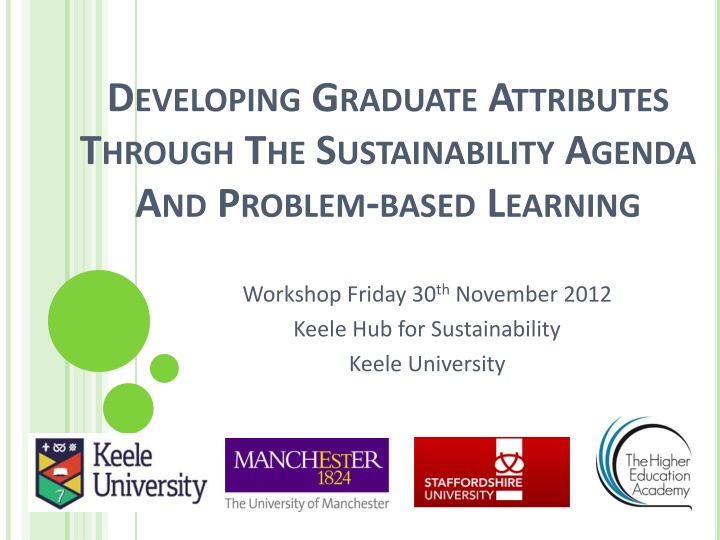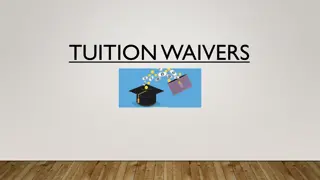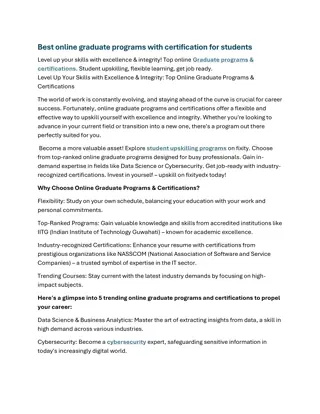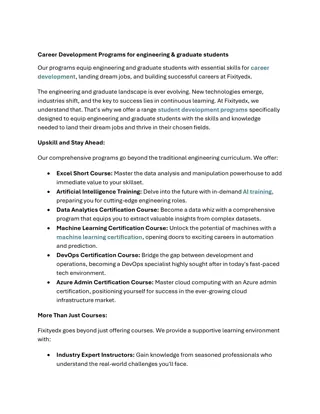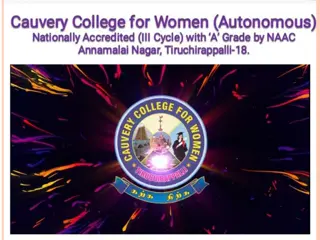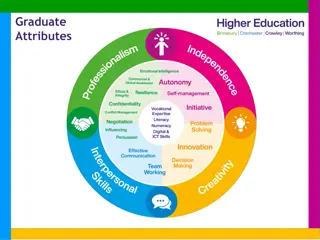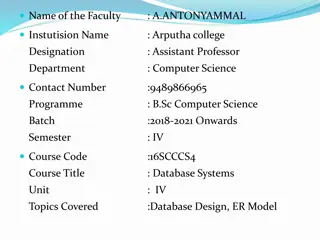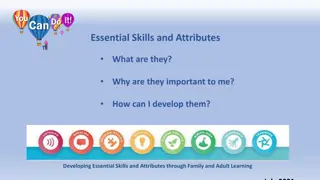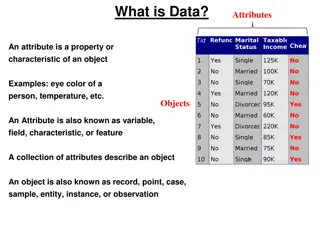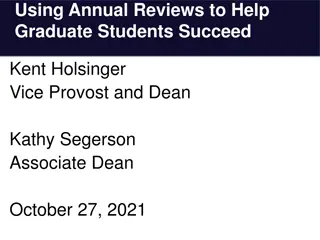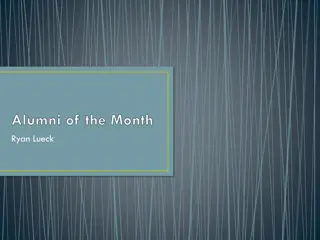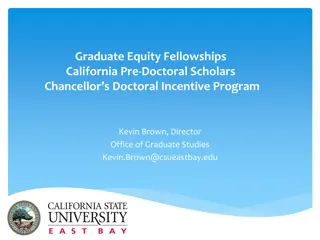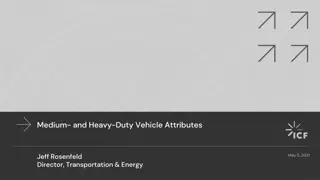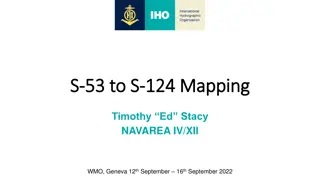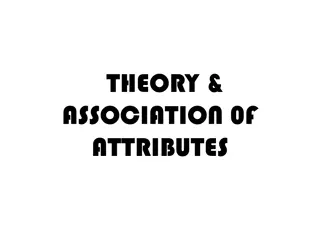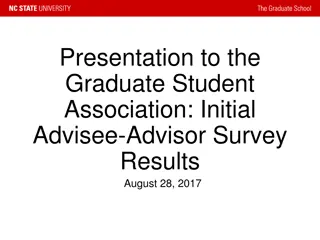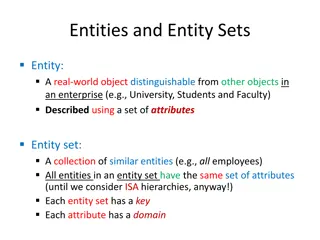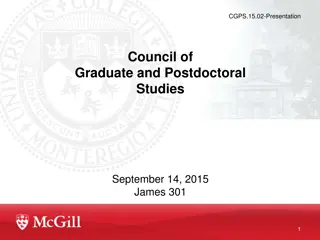Developing Graduate Attributes Through Sustainability
the intersection of sustainability and problem-based learning to enhance graduate attributes. Address potential issues in group work, group formation strategies, support processes, and diversity management within PBL. Gain insights into facilitating effective learning environments for students.
Download Presentation

Please find below an Image/Link to download the presentation.
The content on the website is provided AS IS for your information and personal use only. It may not be sold, licensed, or shared on other websites without obtaining consent from the author.If you encounter any issues during the download, it is possible that the publisher has removed the file from their server.
You are allowed to download the files provided on this website for personal or commercial use, subject to the condition that they are used lawfully. All files are the property of their respective owners.
The content on the website is provided AS IS for your information and personal use only. It may not be sold, licensed, or shared on other websites without obtaining consent from the author.
E N D
Presentation Transcript
DEVELOPING GRADUATE ATTRIBUTES THROUGH THE SUSTAINABILITY AGENDA AND PROBLEM-BASED LEARNING Workshop Friday 30thNovember 2012 Keele Hub for Sustainability Keele University
PBL: GETTING TO GRIPS Bland Tomkinson: Manchester University Sophie Bessant: Keele University
GETTING STARTED Potential Issues with Problem-Based Group Working?
GETTING STARTED Potential Issues with Problem-Based Group Working Students not taking group work as seriously Group members failing to turn up Lack of preparation Dominating students Passenger students Conflicts within the group Tutors carry on teaching Tutors fail to manage group problems Tutors fail to make learning objectives clear Groups having difficulty getting started Disciplinary and Cultural differences Pre-conceptions of the PBL process PBL Training for facilitators and students Coverage: knowledge v skills Expert v non-expert facilitators Some students find group work daunting
GETTING THEM INTO GROUPS Size of groups: Is there an Ideal group size? Is group size different for online? Does the group size depend on the number of facilitators? Choosing group membership: Does the tutor or do students lead the choice of groups? Do you constrain the groups to balance cultures/disciplines? Do you look for a balance of males and females in the group? Is it simpler just to use a random or systematic approach? Do you expect to change the groups or stay with same ones all the way through?
SUPPORTING THE PROCESS Do you provide exercises to help the group dynamics? eg: Ground rules Team roles Resolving conflict/negotiation Decision making Problem solving Do you put all this (and other things) in a Handbook?
COPING WITH DIVERSITY What are the differences within the group? Diverse cultures Diverse disciplines Differences in learning style Differences in language skill Differences in expectations of groupwork What are the differences in approach with PBL? Differences in approach to learning Differences in assessment Dealing with expectations of being taught
ASSESSMENT How do you assess students now? What is different with PBL? What is different online? The need for Constructive Alignment What are the intended learning outcomes? The need for Authentic Assessment How do we make the assessment reflect the real world? How do we balance individual and group marks?
ASSESSMENT How do you assess students now? What is different with PBL? What is different online? The need for Constructive Alignment What are the intended learning outcomes? The need for Authentic Assessment How do we make the assessment reflect the real world? How do we balance individual and group marks?
ASSESSMENT How do you assess students now? What is different with PBL? What is different online? The need for Constructive Alignment What are the intended learning outcomes? The need for Authentic Assessment How do we make the assessment reflect the real world? How do we balance individual and group marks?
ASSESSMENT Group Oral presentation Student Video clip newspaper article Information leaflet Poster Formal/technical report Intervention action plan Assessment Workbook Peer assessment Reflective report/log/portfolio Individual
ASSESSMENT Modified Essay Questions Facilitator observation Groupwork Reflective essays/logs Peer assessment
PEERASSESSMENT What to assess? How to assess it?
PEERASSESSMENT What to assess? Authentic assessment Constructive alignment How does the assessment relate to the learning outcomes? How to assess it? Does a different mode of learning need a different mode of assessment?
PEERASSESSMENT Attended regularly and on time Contributed actively to the group discussions Gathered appropriate ideas and information Helped to shape ideas and analyse information to develop an appropriate solution Helped the group to reach decisions by summarising ideas and information Contributed to the structure and design of the report Contributed to the writing of the report Helped to keep the group focussed on the task Made sure the views of everyone were included Helped to identify and resolve potential conflicts in the group.
PEERASSESSMENT - LEARNINGOUTCOMES Transferable skills and personal qualities D1 Apply reflective practice to enable continuing self- improvement in a professional context. D2 Work collaboratively as a member of a multidisciplinary team, contributing to the development of effective team processes and effective team dynamics. D3 Develop strategies to work more effectively with those from different disciplinary, national or cultural backgrounds. D4 Demonstrate the ability to practise self-directed learning including: defining a problem, formulating questions to be explored, identifying relevant sources of information, critically appraising information, applying new knowledge and understanding, referencing accurately, justifying approaches and decisions, reflecting on their application and analysing what has been learned through the experience. D5 Develop, debate, structure and communicate ideas and proposals in writing, verbally in meetings and in presentation format.
REFLECTIVEPRACTICE All 3 universities require some form of reflective diary or reflective report. How often is this to be assessed? Weekly/twice a semester/end of semester? How much scaffolding do we give? None/weekly prompts/detailed questions? What do we assess? Group skills/subject knowledge/capacity to cope with change/capacity to continue to learn?
REFLECTIVEPRACTICE What do we assess? Group skills/subject knowledge/capacity to cope with change/capacity to continue to learn? In Manchester, The five reflective report assessment criteria are: Completeness and presentation of report and quality of reflective practice Demonstrating comprehension of underlying learning points Demonstratingdevelopment of self-directed learning skills (analysing problems, researching literature, evaluating sources, critical appraisal of information, accurate referencing) Awareness of and contribution to development of the team dynamics Awareness and development of effective team processes
PBL: GETTINGTO GRIPS Thank You Are there any questions?
